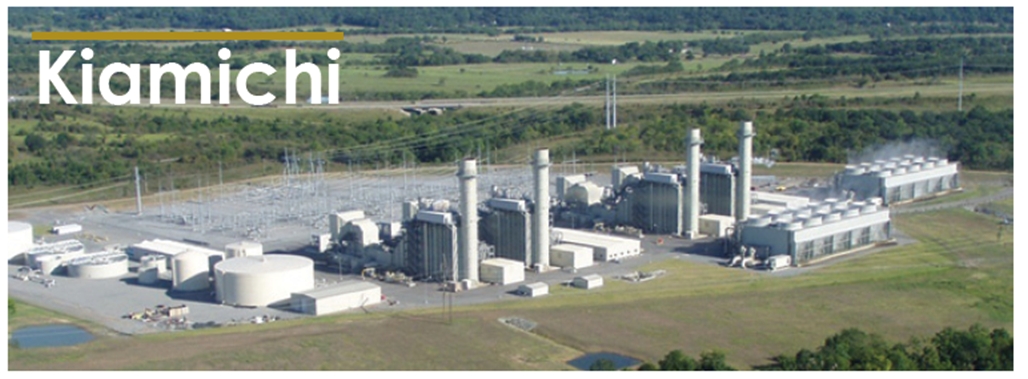Tenaska Power Services, the company that operates the Tenaska Power plant in southeastern Oklahoma, announced a deal this week with Kraken Technologies which will focus on battery storage operations in Texas.
The announcement stated this strategic collaboration will give TPS greater operational flexibility, enhance grid stability, and optimize its customers’ revenue streams in an increasingly dynamic energy landscape.
Kraken’s cloud-based platform offers its clients end-to-end management of the whole energy supply chain, from flexible energy device management all the way to customer billing and support, enabling its clients unrivalled scaling potential in a renewable world.
The platform also provides relentless efficiency, with a cost-to-serve up to 40% lower than other energy suppliers and has delivered best-in-customer-service accolades for clients who moved onto it.
Kraken enables energy companies to unlock the full potential of their wind and solar farms or batteries by using advanced data analytics, AI and optimization to maximize device usage, revenues and environmental benefit.
This increases the footprint of renewables on the grid, alleviates grid constraints and helps grid providers and energy suppliers to better prepare for extreme weather events.
Kraken is currently contracted to manage over 6 GW across more than 45,000 green energy assets growing 30% month-on-month. It is targeting the management of 200,000 assets and 10 GW of energy capacity by the end of 2023.
It is also contracted to serve 30 million energy customer accounts globally, targeting management of 100 million by 2027, with 10 million of those coming from the US.

TPS is part of Tenaska, one of the largest natural gas and electric power marketing companies in North America. Its portfolio includes more than 23 GW of solar, wind, energy storage and 10 carbon sequestration projects, capable of storing 50 million tons of CO2 per year.
Source: Business Wire






